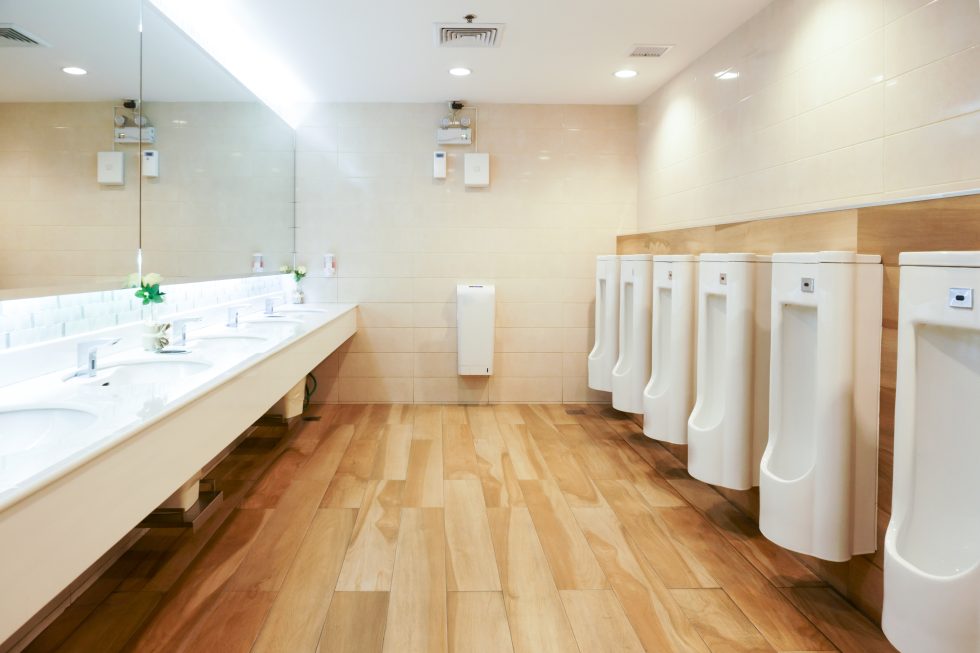
How to Fix Your Pipes Like a Pro: A Step-by-Step Guide from Expert Plumbers
Posted by on 2024-10-01
How to Fix Your Pipes Like a Pro: A Step-by-Step Guide from Expert Plumbers
Imagine this: you’re at home, cozy and relaxed, when suddenly you hear the ominous sound of dripping water. You trace the noise to its source, and there it is—a leaky pipe. Panic sets in as visions of flooding and costly repairs flash through your mind. But fear not! With a little know-how and some basic tools, you can address many common plumbing issues yourself. Here’s how to fix your pipes like a pro.
Understanding Your Plumbing System
Before diving into repairs, it's crucial to understand the basics of your plumbing system. Think of it as the veins and arteries of your home—pipes carry water in (the supply system) and take waste out (the drainage system). Knowing where these pipes run and how they function will make troubleshooting much easier.
Identifying the Problem
The first step in any repair job is identifying what’s wrong. Common plumbing issues include leaks, clogs, noisy pipes, or low water pressure. For leaks, look for wet spots or mold growth on walls or ceilings; for clogs, notice slow-draining sinks or toilets that don’t flush properly.
Gathering Your Tools
To tackle most plumbing problems, you'll need a few essential tools:
- Pipe wrench
- Adjustable wrench
- Plunger
- Pipe tape (Teflon tape)
- Pipe cutter
- Bucket
- Towels
Having these tools on hand will make any repair process quicker and more efficient.
Fixing Leaks
Leaky pipes are perhaps the most common issue homeowners face. Here’s how to fix them:
- Turn Off Water Supply: Always start by shutting off the water supply to prevent further damage.
- Locate Leak: Identify where the leak is coming from.
- Dry Area: Use towels to dry the area around the leak.
- Apply Pipe Tape: Wrap pipe tape around threaded connections to create a watertight seal.
- Tighten Connections: Use your wrenches to tighten any loose connections.
If the pipe itself is damaged, you may need to cut out the faulty section using a pipe cutter and replace it with new piping.
Unclogging Drains
Clogs can be frustrating but are usually easy to fix:
- Plunger Method: Place a plunger over the drain and pump vigorously several times.
- Drain Snake: If plunging doesn’t work, use a drain snake to break up and pull out any blockages.
- Chemical Cleaners: As a last resort, consider using chemical cleaners designed for plumbing systems—but be cautious as they can be harsh on pipes.
Noisy Pipes
Noisy pipes often mean air is trapped in them or they’re loosely secured:
- Check Straps: Ensure all pipe straps holding them in place are tight.
- Air Chambers: If air is causing noise, consider draining your plumbing system entirely then refilling it slowly.
Low Water Pressure
If you experience low water pressure:
- Check Faucet Aerators: Sometimes mineral build-up can reduce flow—clean them out regularly.
- Inspect Valves: Make sure all shut-off valves are fully open.
- Call Professionals: If neither solution works, there might be an issue deep within your plumbing that requires professional attention.
When To Call An Expert
While DIY fixes can save money and time, some situations warrant professional help:
- Persistent leaks despite attempts at fixing them
- Major pipe bursts
- Sewer line issues
- Gas line concerns (always call professionals for gas-related problems)
Knowing when you’re out of your depth isn’t admitting defeat—it’s smart problem-solving!
In Conclusion
Fixing minor plumbing issues yourself can be empowering and cost-effective if you follow proper steps carefully outlined by expert plumbers—you’ll save money while gaining valuable skills along the way! However always ensure safety first; if unsure about tackling certain jobs don't hesitate reaching out qualified professionals who'll handle things efficiently without risk further complications down road ahead!